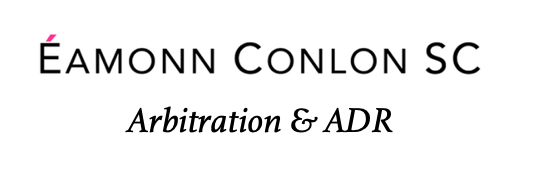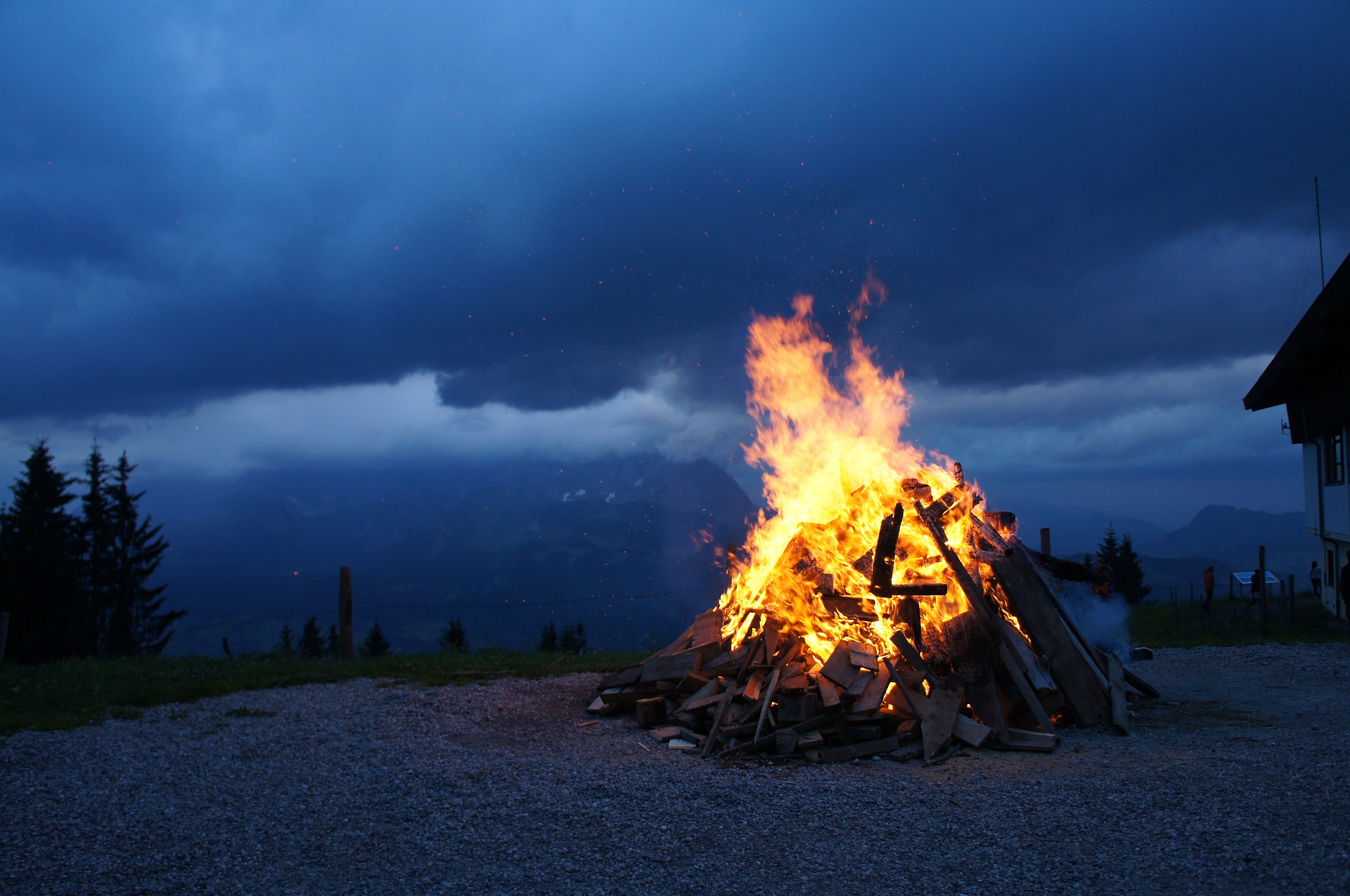Image by schleuderzunge
Are you allowed to hold or attend religious services in Ireland?
And why is the answer obscure?
Fire is sacred to Zoroastrians, who celebrated new year on 21 March, but is used in other religious faiths too. In many Christian traditions fires are lit for Easter, including to initiate the vigil. The early Irish celebrated the festival of Bealtaine with fires. All fires were to be extinguished until the druids lit the High King’s fire on the hill of Tara, it is said. And that in 433, St Patrick defied the law by lighting a competing Easter fire on the nearby hill of Slane.
Christians using the western calendar are now celebrating Easter. Passover has just ended. Ramadan starts next week. Community prayer in synagogues, mosques, and churches is an important part of religious practice at this time of year.
Is it forbidden in Ireland, like in the time of Patrick?
In place of the High King Loegaire mac Néill, the Minister for Health is now the lawmaker on this, making regulations under section 31A of the Public Health Act 1947 (which was added by section 10 of the Health (Preservation and Protection and other Emergency Measures in the Public Interest) Act 2020). The relevant law now is the Health Act 1947 (Section 31A – Temporary Restrictions) (Covid-19) (No. 10) Regulations 2020, as amended.
There is no law against holding religious services, except funerals attended by more than 10. (Regulation 8(2) prohibits organising a funeral attended by more than 10, excluding a minister or priest.)
Regulation 8(1) prohibits (with exceptions) organising events for social, recreational, exercise, cultural, entertainment, or community reasons. It can confidently be said that this doesn’t cover religious services because (a) elsewhere the regulations refer to ‘worship or services’, and (b) such a reading would probably be inconsistent with the respect accorded by the Constitution to religion and ‘public worship’ (article 44.1, not to mention the preamble) and the guarantee of ‘free profession and practice’ of religion subject to public order and morality’ (article 44.2.1°).
Also, regulation 12(1) requires the person in charge of a premises ‘in or at which a business or service is carried out’ to ensure that members of the public and workers are not allowed in. (There are exceptions.) For the same reasons, it is unlikely that a church, synagogue, mosque, or other religious building would be treated as ‘premises in which a business or service is carried out.’ The word ‘service’ has a different meaning in the term ‘business or service’ than in the terms ‘worship or services’ or ‘religious service’.
What about attending services?
in the case of a minister of religion or priest (or any equivalent thereof in any religion)-
(i) lead worship or services remotely through the use of information and communications technology,
(ii) minister to the sick, or
(iii) conduct funeral or wedding services,
Regulation 4(2)(o).
Also, regulation 4(2)(l) provides that attending a wedding or a funeral is a reasonable excuse to leave home — although there are restrictions on how many may attend funerals (10, as we saw) and weddings (6 guests: regulation 9). Of course weddings and funerals can be religious or not.
Does all this mean that attending services is not a reasonable excuse to leave home? Or leading services that aren’t conducted remotely through technology, and aren’t funeral or wedding services? Is regulation 4(2)(o) (quoted above) the exception that proves the rule — the rule against leaving home to attend religious services.
A research report for the Irish Human Rights and Equality Commission says that the exceptions—
strongly implied that it would have been a criminal offence to leave one’s home to attend any other form of religious service, although the principle that criminal liability must be clear may count against such an interpretation.
This would lend support for the view that it would be a reasonable excuse to leave one’s home to attend Mass, given that Mass is not criminally prohibited.
The blurring of the boundary between legal requirements and public health guidance – something which is fundamentally out of step with the principle of the rule of law.
From a legal and constitutional point of view, it is a fundamental value that a citizen should know, or at least be able to find out, with some considerable measure of certainty, what precisely is prohibited and what is lawful.

